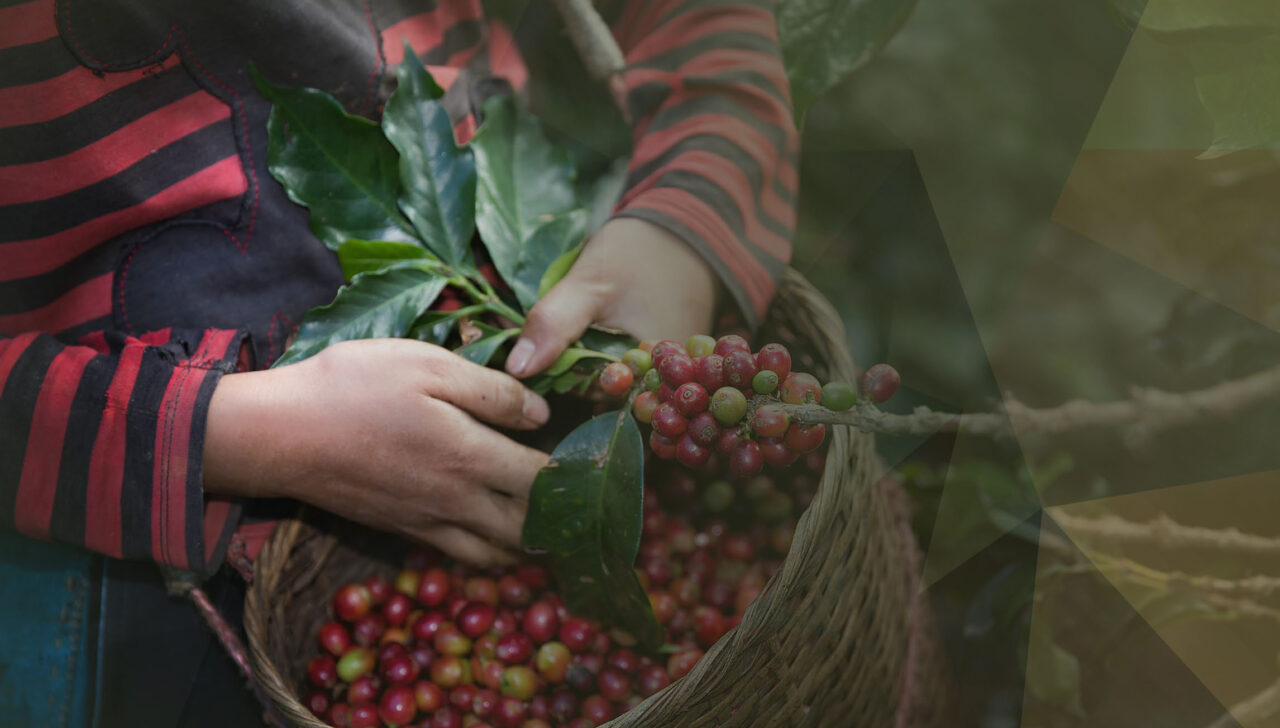Dubai, 18 September 2025 (Qahwa World) – Coffee, consumed in more than two billion cups every day, is more than a morning ritual. It is a global industry worth over $200 billion and a lifeline for more than 25 million smallholder farmers worldwide. Yet, according to a new report by the DMCC Coffee Centre, part of the Dubai Multi Commodities Centre, these farmers—responsible for about 80% of global coffee supplies—are facing unprecedented challenges that put the future of the crop at risk.
The report highlights the extreme vulnerability of coffee to climate change. Unlike many other agricultural commodities, coffee depends on very specific geographic and climatic conditions. Minor shifts in temperature or rainfall patterns can devastate entire harvests.
By 2050, up to half of the land currently used for coffee cultivation could become unsuitable. Arabica, which accounts for 60–70% of global production and is prized for its high quality, is the most at risk. It requires a delicate balance of cool temperatures and clearly defined wet and dry seasons. Even robusta, known for its heat tolerance, may not escape the impact of intensifying climate shocks.
Recent years have already provided glimpses of this looming reality. In Vietnam, prolonged drought in the 2023/24 season cut output by 20% and exports by 10%. In Brazil, the world’s largest coffee producer, one of the worst droughts in its history caused arabica prices to surge by more than 80% in 2024.
Broken Pricing Systems
Beyond the climate, smallholder farmers are caught in an unequal trading system. The report warns that global price-setting mechanisms, once seen as reliable, have grown increasingly speculative and disconnected from actual production costs.
While coffee sells at high prices in consumer markets, farmers often receive only a fraction—barely enough to cover basic expenses. With little access to financial safety nets, crop failures or market shocks quickly translate into crises for farming households, undermining food security, education, and healthcare for millions.
To counter these pressures, smallholders are turning to collective solutions. In Rwanda, cooperatives such as COOCAMU have helped farmers adopt sustainable practices and gain better market access. Across Kenya, Uganda, and Ethiopia, governments and NGOs are supporting similar cooperative models that enhance bargaining power and provide training.
The report cites the ARABIKA project, which brings together over 30,000 farmers from 21 cooperatives in East Africa. By offering income management training and tools to improve yields, the project has boosted resilience against both climate and market volatility.
Coffee Value Assessment
The Coffee Value Assessment, developed by the Specialty Coffee Association, also emerges as a significant tool for empowering smallholders. Unlike traditional systems that focus narrowly on physical or sensory attributes, this framework integrates quality metrics with market preferences.
Garfield Kerr, President of the Specialty Coffee Association, explains: “Coffee may be sold several times before reaching the consumer, and the farmer often has no idea of its true value. If we can equip farmers with scientific tools for assessment, they will be able to exert greater influence over its journey to market.”
By helping producers better understand the unique qualities of their harvests, the system opens doors to more accurate pricing and targeted market opportunities.
The DMCC Coffee Centre report points to a range of promising adaptation strategies. Agroforestry—growing coffee alongside trees and diverse crops—offers shade, soil protection, water conservation, and alternative income streams. Breeding drought- and disease-resistant varieties is another urgent frontier.
On a global scale, institutions such as the International Coffee Organization and the International Trade Centre are supporting a sustainability database covering more than 400 climate-focused initiatives. These range from training programs on organic fertilization to cooperative-led climate adaptation projects.
At its core, the report stresses, the future of coffee is inseparable from the fate of its smallholder farmers. Without them, the industry cannot sustain itself, and the daily flow of billions of cups of coffee around the world could falter.
While blockchain, artificial intelligence, and other innovations are reshaping coffee trade, the most urgent priority remains ensuring farmers have the tools, financing, and fair policies to continue producing. The real battle for coffee’s survival is not fought in cafés or trading floors, but in remote fields where smallholders cultivate the beans that unite cultures and economies across continents.
The DMCC Coffee Centre concludes that urgent investment and global collaboration are essential. Supporting smallholder farmers is not only a matter of preserving a crop but of safeguarding livelihoods, communities, and an irreplaceable cultural heritage.
